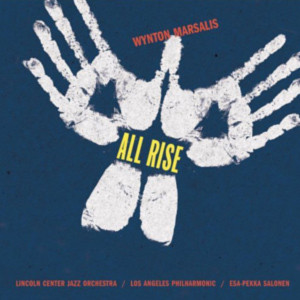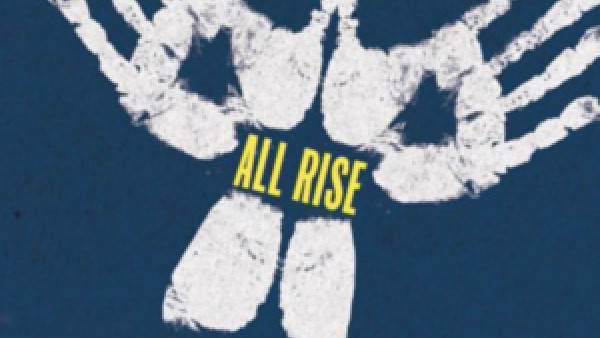Don’t you have it even more sublime?
Berlin / New York? We educated citizens learn early on how to behave appropriately when it comes to cultural experiences. When, how and how we have to applaud and cough, in the so-called classic we never clap between sentences. The work is only completed when the conductor lowers the baton and turns to the auditorium.
Jazz has been considered serious art for half a lifetime. But notice: Applause is donated after the solo when the musician sits down again. It may burn at the end of a piece. Whistling or trampling are also allowed in moderation. All of this is known. And that’s why it works very well when the Berliner Philharmoniker play together with the Lincoln Center Jazz Orchestra. At first the listeners are confused, then they remember. They clap in the middle of the solos, and finally they trample.
With four quite jazzy Stravinsky movements, the applause waits patiently until all four are over, even when the man on the tambourine has an interesting solo, jazz as well as the salon piece and the waltz. Since rock, pop or disco music, jazz has also been a part of the elite. That means its market share is not worth mentioning, its history all the more.
The Berlin Jazz Festival was founded in the 1960s in the Philharmonic. Today, the largest jazz manager steps into the light in the large hall on four evenings: Wynton Marsalis blows and lectures, he smiles and he swings. Crossover, he says, he doesn’t like and shakes. Because he considers the word and what it means to be gross nonsense. “All music is the same,” he growls. “All this is heartbeat! “And wherever he stands and plays, he affirms the classic of jazz with an fervor that also casts doubt on his dictum. Sure, he is living proof: Born in New Orleans, grown up with the recordings of Maurice André and LouisArmstrong, studied at the Juilliard School. With works by Haydn, Bach and Hummel as well as Ellingtons and Mortons, he has earned the reputation of being a Lenny Bernstein of that time.
He received Grammys twice for the best jazz and the best classic album. Today he is the artistic director of the Jazz department at Lincoln Center in New York, where jazz is subsidized, cherished and understood in the Marsalis way. Claudio Abbado, conductor of the Philharmonic Orchestra, is also known to have had a passion for jazz as a young musician in Rome. “Claudio, the maestro, came to my house!” Says Marsalis, how it came to cooperation. It was then that great composers kept their art alive with jazz in the first half of the last century. And here they play the Stravinsky’s Philharmonic “Ragtime for eleven instruments”, Shostakovich’s version of the coffee house song “Tea For Two” and the famous “Catfish Row” by Gershwin. In Gershwin’s “Cuban Overture” Abbado dances exuberantly on the base of his desk. Marsalis’ musicians are only there as an orchestra when his work “All Rise” is given after the break. An opulent commissioned work that he wrote for Kurt Masur on the occasion of the millennium.
With a big band, symphony orchestra, mass choir and happy tidings: all people become brothers; everything is music as long as it is solemnly serious. What really unites jazz and classical is that it was never available without musical skill. In contrast to pop. The seven movements from “All Rise” quote gospel and chorale, strings rejoice, and trumpets squeak, blues occur, and Stravinsky’s rhythmic finesse too. In the grandeur, jazz becomes caricature. Marsalis certainly did not want that. On the first evening, Sunday, Marsalis only performed with his jazz band, started with Louis Armstrong and carefully felt his way to Ellington, even as far as Charlie Mingus.
Marsalis says: The jazz took place until John Coltrane once helped him up. He has been around again since Marsalis blows all the dust off his syncope and says: “It is american classical music!” Now he shows what a funny, at the same time extremely demanding art it is. How the trumpet sobs, giggles, Imitate animals and how beautiful they can sound in the heights. And embedded in the symphonic, jazz is then carefully considered, enhanced and magnificently put into the cliché. The classic becomes happier.
Long-lasting, loud applause and standing ovations, as it should be for us.
by Michael Piltz
Source: Die Welt


